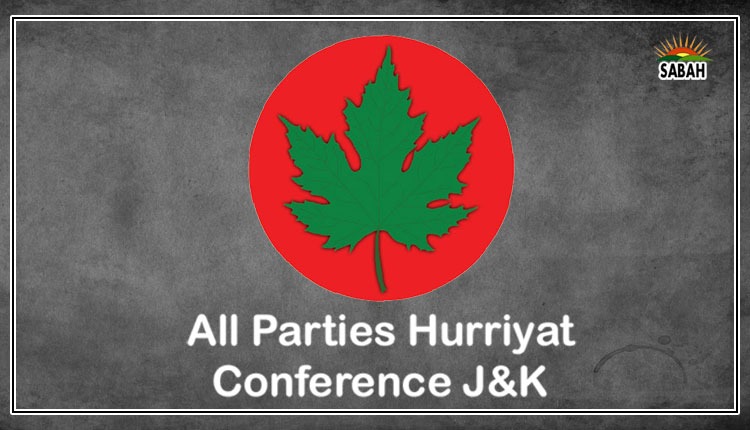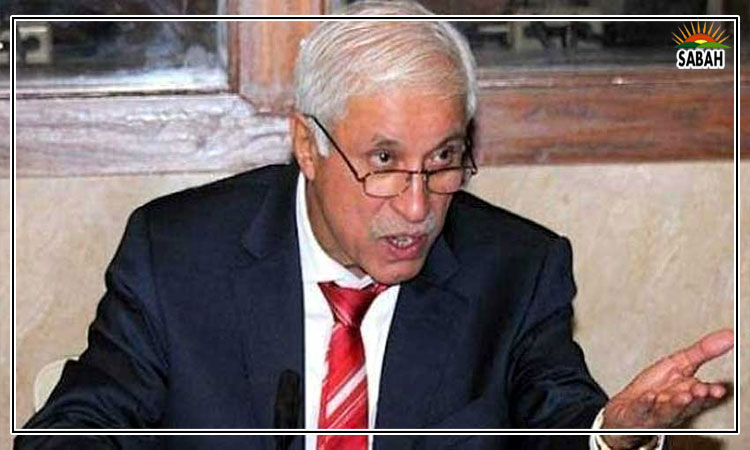Trump’s win…Muhammad Siddique Ali Pirzada
In a seminal decision, the US Supreme Court has delivered a watershed verdict, unanimously vindicating former US president Donald Trump. The ruling firmly asserts that states lack the prerogative to bar federal candidates, including Trump himself, from electoral contention under the seldom-invoked purview of the constitution.
Rooted within the 14th Amendment of the US constitution, this arcane provision was initially crafted to preclude individuals deemed to have engaged in insurrection from assuming public office, a measure particularly targeted at post-civil war confederates.
The ruling stands as a monumental legal victory for Trump, effectively quashing numerous state-level endeavours aimed at his electoral exclusion. States such as Colorado, Illinois, and Maine had endeavoured to disqualify Trump from electoral participation under the insurrection clause.
Had the US Supreme Court not interceded, it could have triggered a cascade of legal imbroglios potentially resulting in Trumps disqualification across various state jurisdictions.
You Might Also Like
Unsold Solar Terrace 2024 (Prices Might Surprise You)
Unsold Solar Terrace 2024 (Prices Might Surprise You)
Solar Terrace | Search Ads
Solar Carports 2024 (Take A Look)
Solar Carports 2024 (Take A Look)
Solar Carport | Search Ads
How Much Should You Pay a Maid for House Cleaning? Here Are the Prices
How Much Should You Pay a Maid for House Cleaning? Here Are the Prices
Maid Services | Search Ads
However, while this judicial fiat may appear to be a respite for Trumps political aspirations, it raises questions regarding electoral probity and constitutional construction. Notably, the court has abstained from immersing itself in the contentious morass of Trumps alleged entanglement in the January 6th insurrection.
At the gist of the US Supreme Courts decision lies an elemental constitutional conundrum: who, in the US, holds the power to adjudicate matters of eligibility for public office? The consensual accord amongst justices stipulates that Congress retains ascendancy over such determinations.
However, a narrower group, consisting of five conservative justices, has underscored that any instantiation of Section 3 of the 14th amendment must be promulgated through legislative imperatives, subject of course to judicial review. (This means the court reserves for itself the right to have the final say.)
This bifurcation points to a schismatic chasm within the judiciary, hinting at potential dissonance in subsequent electoral disputes. The murmurs of dissent, articulated by the liberal echelons of the court, lament the curtailment of alternate avenues for federal enforcement. This discord evokes apprehensions concerning the potential repercussions for subsequent electoral outcomes and the tenuous equilibrium of power among the bicameral branches of governance.
Moreover, the US Supreme Courts incursion injects uncertainty into the political matrix, particularly apropos the impending presidential election in 2024. The spectre of Congress wielding its prerogative to demarcate a candidates eligibility, particularly in the eventuality of a Trumpian ascendancy, looms large. This could galvanize a constitutional melee, exacerbating partisan acrimony and casting a pall over the sanctity of the electoral panoply.
Amidst these legal calisthenics, Trump finds himself ensnared in a thicket of legal jeopardy. Confronting a series of criminal trials, encompassing charges of financial chicanery and defamation, the former presidents judicial travails are far from being over. The US Supreme Courts verdict, albeit affording a transient respite for his political ambitions, does not absolve him of the judicial vicissitudes lying in wait.
The courts involvement also underscores the precarity of judicatory institutions in navigating the treacherous shoals of partisan polemics. Justice Amy Coney Barretts concurrence imparts the imperative of tempering ideological schisms amidst the crucible of polarizing legal discourses. Her exhortation against escalating partisan attitude serves as a poignant reminder of the judiciarys vocation as a bastion of impartiality and constitutional rectitude.
Beyond the precincts of federal politics, the repercussions of the US Supreme Courts decree reverberate at the provincial echelons. While it precludes the utilization of Section 3 against federal functionaries sans congressional imprimatur, it leaves the aperture slightly ajar for its application against state-level incumbents. This inaugurates a nascent chapter in the post-January 6th epoch, with advocacy cohorts poised to leverage legal conduits to hold accountable those implicated in acts of insurrection.
The US Supreme Courts decision heralds a new era in the annals of American democracy. It underscores the resiliency of constitutional precepts in the countenance of political tumult, whilst concurrently exposing the fault lines of institutional hegemony and partisan dissonance.
As the US navigates the intricacies of electoral governance and judicial accountability, the US Supreme Courts role looms large, shaping the contours of democracy for Americans.
Courtesy The News












